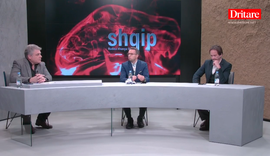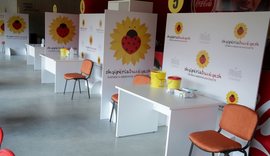
Coronavirus / Italian Study: Antibodies like boomerang, those who become infected become more seriously ill!
Dritare.net
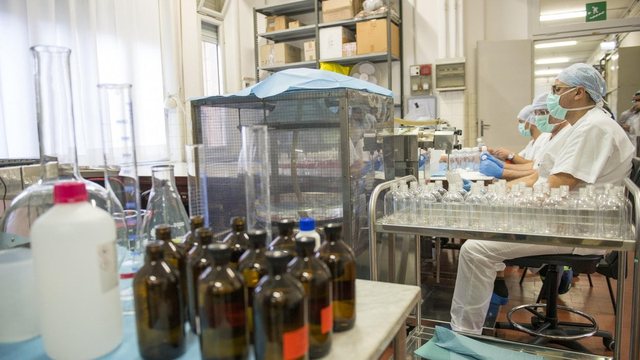
Burimi: The Republic
Getting sick once is not enough to protect yourself against a reinfection. The coronavirus appears to be able to defeat antibodies. This is the hypothesis put forward by an Italian study published in the journal BMJ Global Health, according to which the acquired immunity can not only not protect you, but can also be counterproductive by promoting reinfection with more severe symptoms.
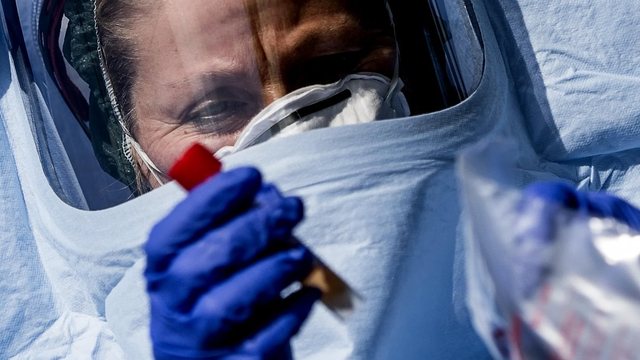
How does the reinfection hypothesis arise?
The topic of longevity of antiCovid antibodies is being studied around the world, but so far no one has really figured out whether coronavirus gives permanent immunity, or if there is a risk of getting sick again, informs dritare.net. The newly published study is the result of collaboration between Italian colleagues from Irccs Burlo Garofalo of Trieste and former classmates of the School of Hygiene and Tropical Medicine in London.
"We got inspiration for this research by observing the progression of the disease, in particular the high transmissibility and the rate of severe cases in general among health workers, including young people in both Italy and China, as the case of the 30-year-old doctor from Wuhan, who died, from whom everything began. ” , explains Luca Cegolon, epidemiologist, initiator of the study.
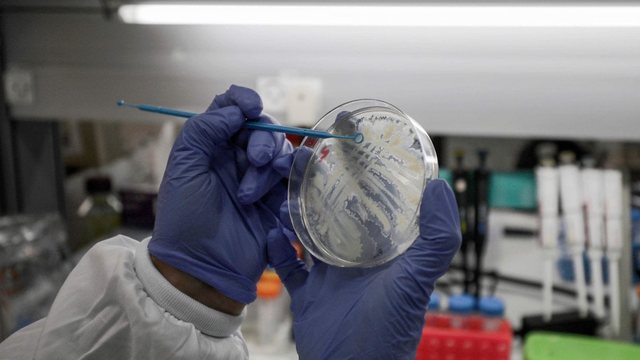
There are 7 different strains of Sars-Cov2, 4 of which cause common cold.
"All of these cause re-infections, despite the so-called humoral immunity, that is, what you create when you get sick from developing antibodies. In practice, not only does acquired immunity not protect you against coronavirus re-infection, but it can become a boomerang, becoming combined with the virus during secondary infections to facilitate its entry into target cells, ending innate immunity and triggering an inflammatory reaction in the body , "said the epidemiologist. If there was a new wave of the virus, a person who was infected in March, may be re-infected in the fall, even more severely, the study says.




